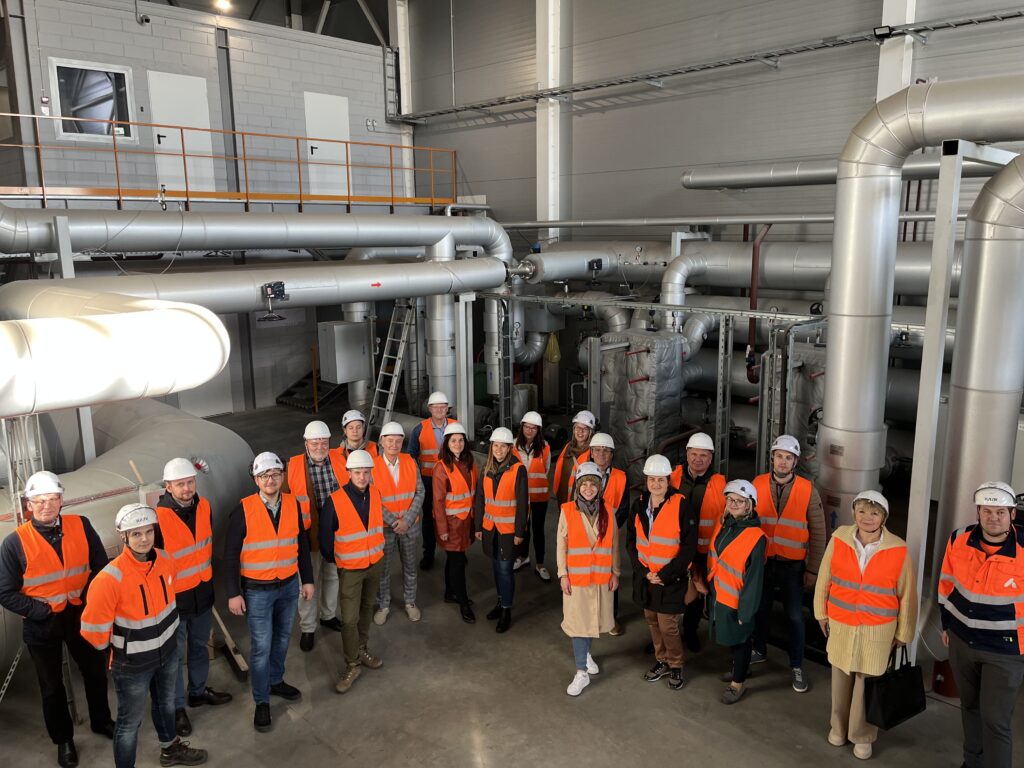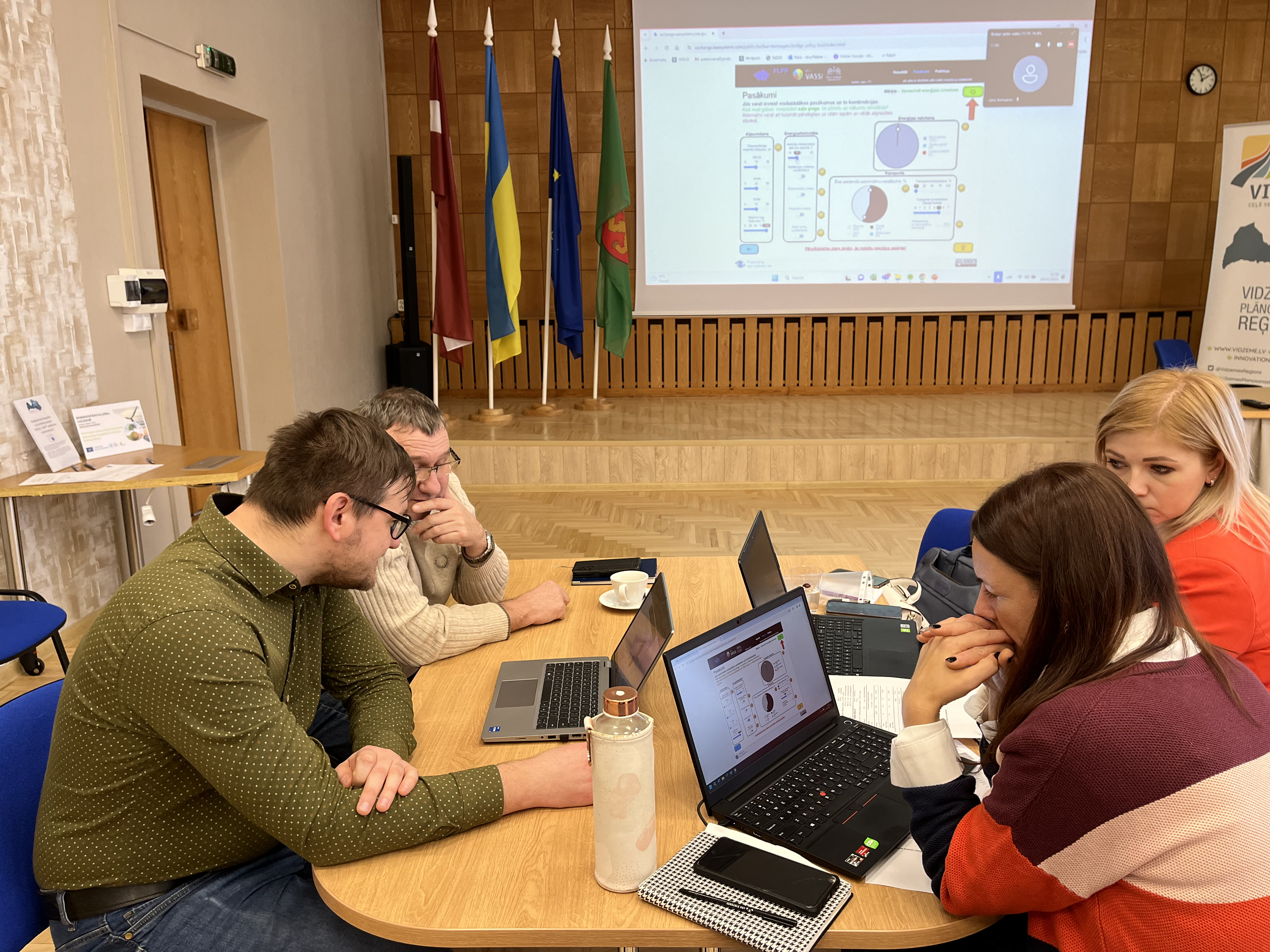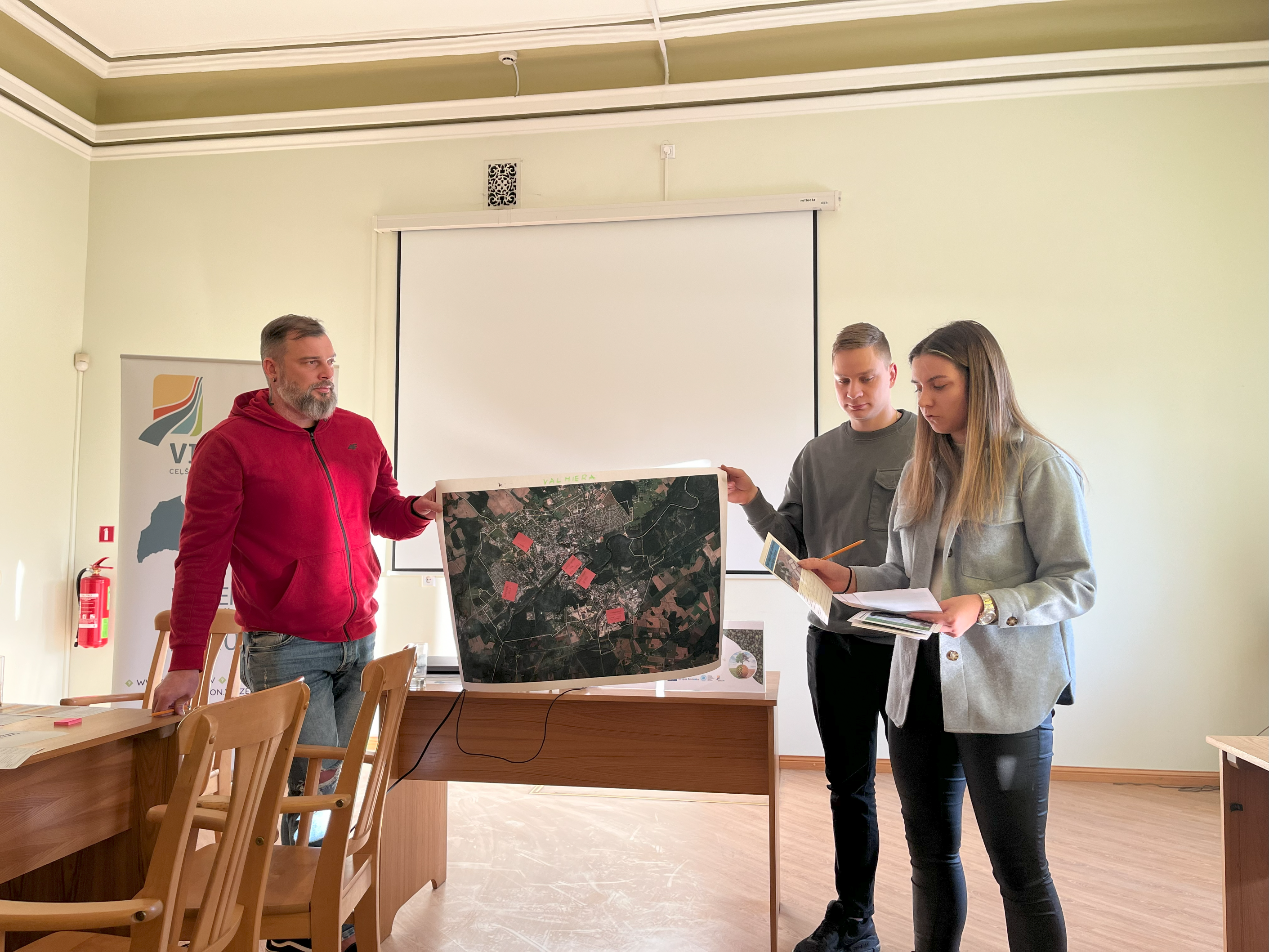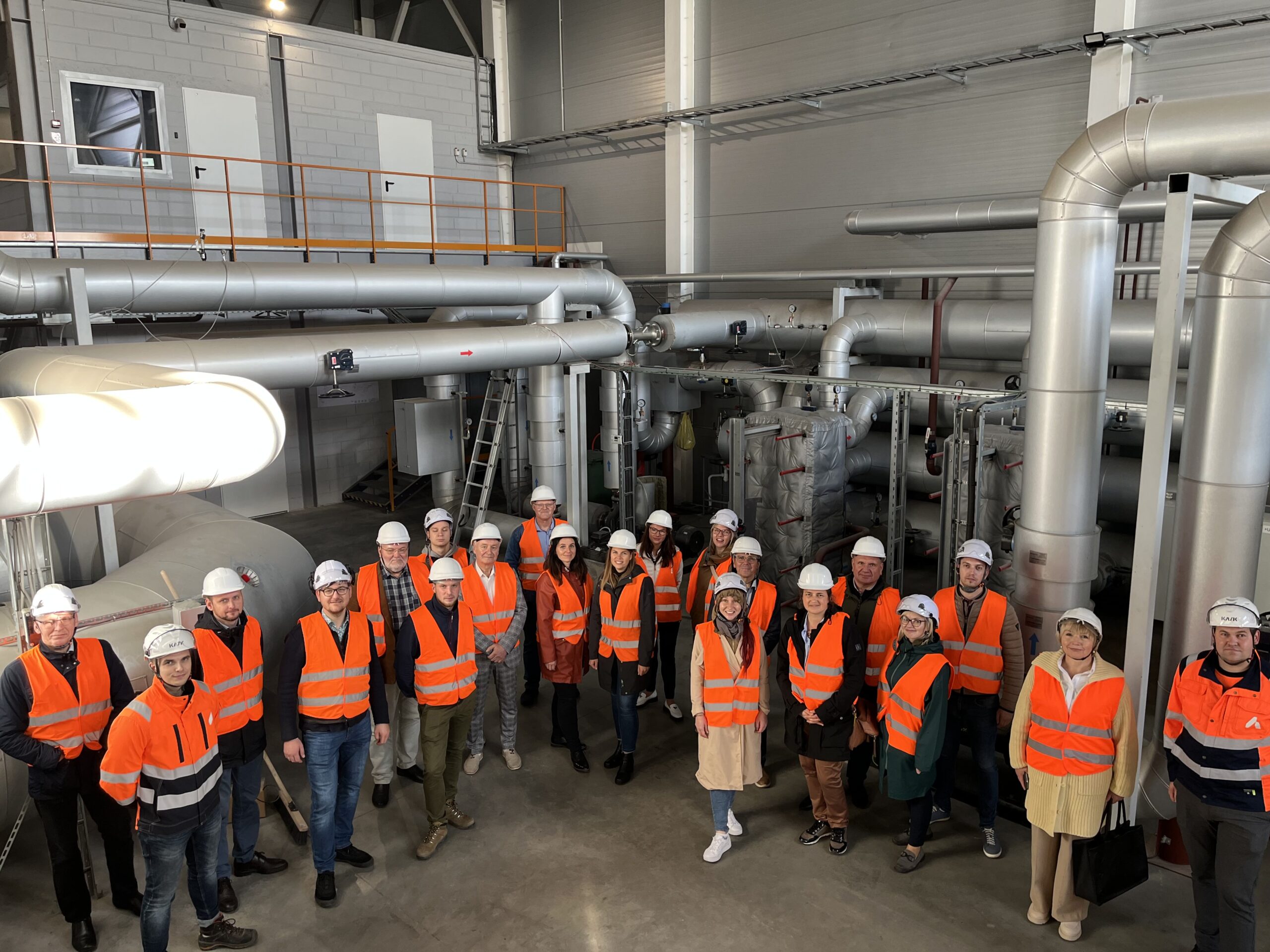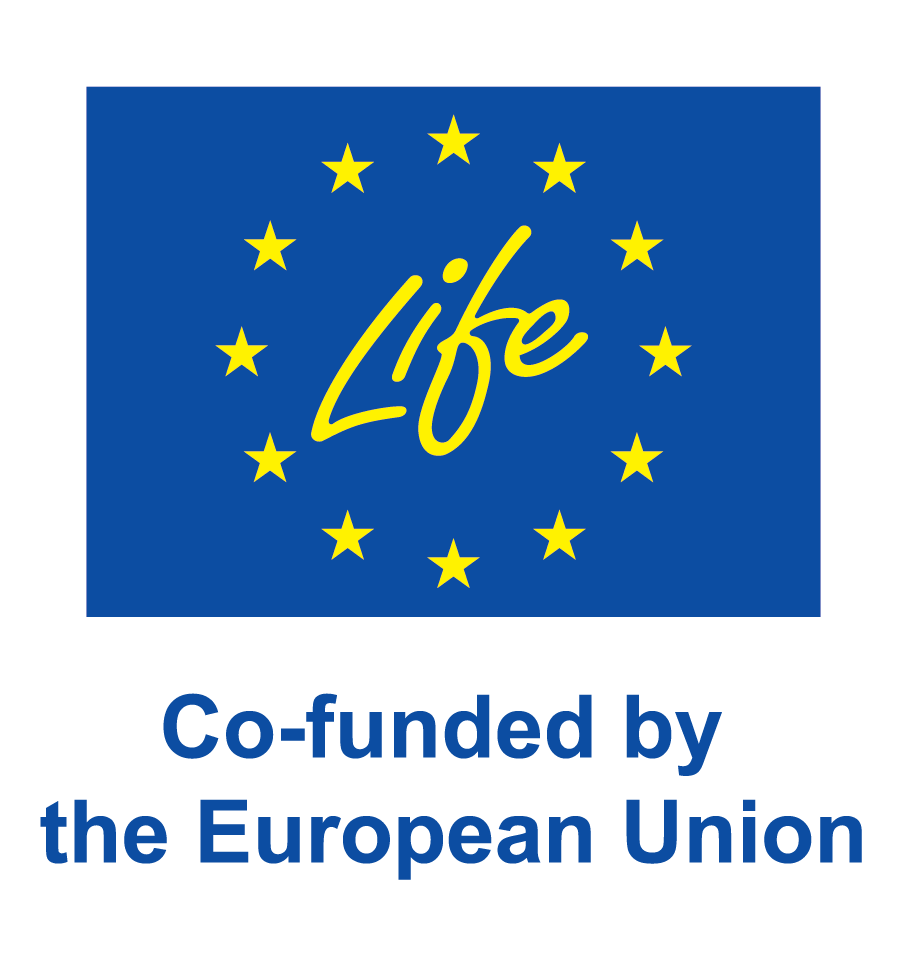Since the fall of 2023, the Vidzeme Planning Region team has been organizing energy management trainings in various municipalities of the Vidzeme region in Latvia. The primary objective of these trainings is to enhance the knowledge of energy managers and other specialists in developing sustainable energy and climate action plans.
So far, three practical trainings have been held, which discussed such topics as municipal energy and climate action plans (ECAP plans) in the context of national and European energy and climate policies, the involvement of the private sector in the development and implementation of ECAPs, energy consumption data and measures to adapt to climate change.
Municipal energy managers participate in training where they share their experiences working with energy and climate issues. The energy data monitoring system is an essential basis for determining the long-term goals of municipalities, both by increasing energy efficiency and reducing the impact of climate change. Not all Vidzeme region municipalities have a specialist – energy manager, and many places have not yet implemented an energy management system.
The present energy managers said that most of their daily duties are spent on surveying facilities, eliminating errors, and only then efforts to create an energy consumption database. The audience says that the energy manager is not the creator of the data array. Still, the energy consumption data must be collected using remote reading devices in the facilities and combined into a unified accounting system. In addition, the task of the energy manager is to analyze these data, to provide data-based suggestions for increasing the energy efficiency of buildings, and to react when an unusual situation appears in the energy management software, which should not occur during certain hours of the day.
“If energy consumption data is low quality, is it worth collecting?” This was one of the questions raised in one of the trainings. The answer is YES – it is worthwhile to perform approximate calculations of SEG emissions for those sectors (households, manufacturing sector, private transport, agriculture) where currently obtaining energy consumption data is difficult. One example is households that use individual heating systems with wood heating for heat supply. To obtain at least approximate data on households, a study can be conducted in which households are identified in the form of a survey, and data on the type of heating source and its volume are obtained.
Each workshop includes theoretical lectures using the CEESEU project materials, inviting lecturers and energy experts in person, and organizing practical working groups to promote cooperation between local municipalities. In one of the working groups, municipal specialists looked at the maps of several Vidzeme cities and tried to identify areas sensitive to climate change. More than 30 solutions were evaluated from other countries, mainly from Romania and Hungary, which can help prevent flood risks and the formation of heat islands more successfully.
Each workshop takes place in a different municipality, during which the municipality also leads the exchange of experiences to an object vital to it. So far, the seminars have been held in the Valmiera municipality – Kocēni, Valka, and Cēsis cities. The next training will be held on April 3 in Alūksne city, focusing on energy poverty and a just energy transition.
The CEESEU-DIGIT project is implemented within the framework of the European Union “Life” program. Its main goal is to develop and implement an energy and climate action plan in six regions of Central and Eastern European countries, including the Vidzeme planning region, as well as to improve the abilities of local governments to prepare, finance, and implement their energy and climate action plans in accordance with national and regional level energy planning documents. Read more about project activities in Latvia HERE.

